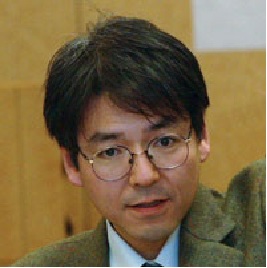- 23 Mar 2012
DRAGOMANITY: A HYPOTHESIS ON THE ORIGIN OF THE NETWORKING ABILITIES OF MODERN LEBANESE AND SYRIAN
Abstract
Despite the population size of their home countries, the achievements of Lebanese and Syrian migrants are highly outstanding in the world, especially in business and commerce, academics, medical services, and politics in North and Latin America, Western Europe, West and South Africa, the Arabian Gulf, and Oceania. How can we explain the origin of their prominence without falling into the pitfall of racial prejudice or cultural essentialism? This presentation explored the historical link between “dragomans” (interpreters) and migrants in the context of human mobility in the Ottoman Empire, especially the preceding period of the first wave of migration (late 19th century).
About the Speakers

of Syria and Lebanon. He has been Head of Japan Center for Middle Eastern Studies, ILCAA’s research station in Beirut, since 2006, and a member of board of directors of Japan Association for Middle East Studies since 2007. He is coordinating two research projects: “Space created by Lebanese and Syrian migrants: Confessionalism, clientelism, and civil society” sponsored by Japan Society for the Promotion of Science, and “Human mobility and multi-ethnic coexistence in Middle Eastern urban societies” supported by ILCAA.
Event Details
Tower Block Level 2
Bukit Timah Campus, National University of Singapore
469A Bukit Timah Road, Singapore 259770




